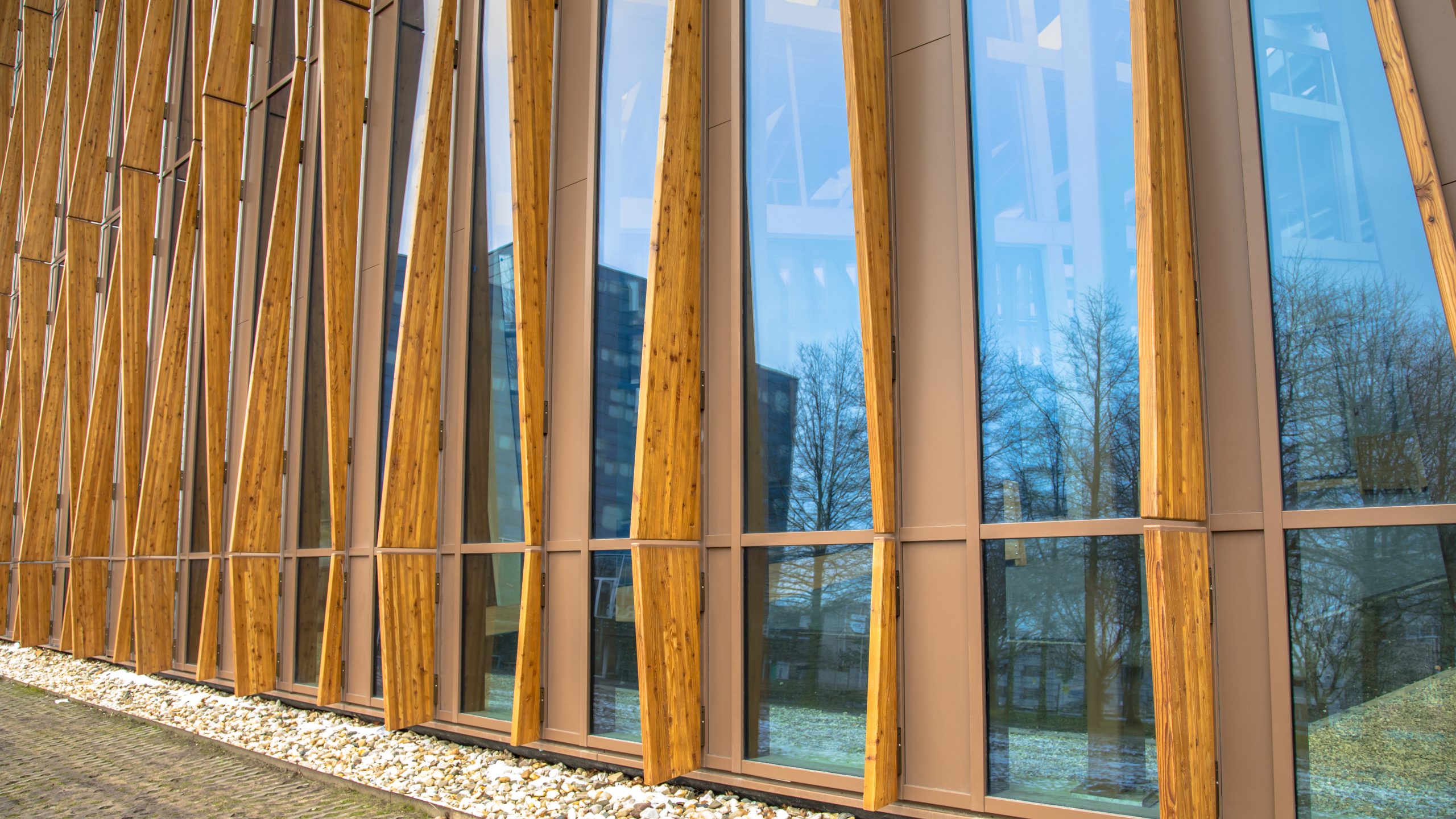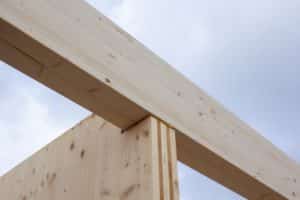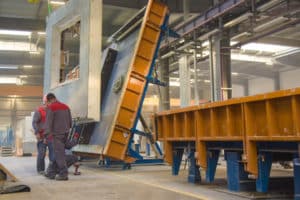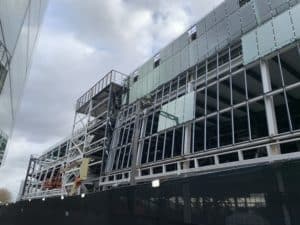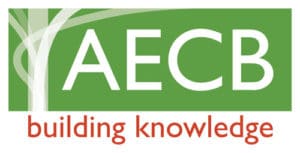The RIBA 2030 Climate Challenge has been designed to help architects meet net zero whole life carbon for new and retrofitted buildings by 2030. Here we explain what the challenge actually means.
Back in June 2019 – when the world looked VERY different – the Royal Institute of British Architects (RIBA) agreed to join forces with the UK government on their commitment for net zero emissions by 2050. This was an enormous step, and a move in favour of the global declaration on an environment and climate emergency. With the built environment contributing to around 40% of the UK’s total carbon footprint, it’s crucial that the architectural industry makes more sustainable practices a priority.
What is the RIBA 2030 Climate Challenge? RIBA has taken UN’s list of 17 Sustainable Development Goals and filtered it down to eight sustainable outcomes. This list creates a framework to ensure that sustainability sits at the core of building design.
The list incorporates a range of sustainable topics, including:
- Net zero operational and embodied carbon
- Water use
- Transport ecology
- Health and wellbeing
- Communities
- Life cycle costing
The RIBA Climate Challenge then hones in even further into four main areas: operational energy, embodied carbon, potable water usage and health and wellbeing. Read on to find out more!
What is in the RIBA 2030 Climate Change agreement?
The aim of the Climate Challenge is to give architects and design professionals a blueprint – a road map – that they can follow to ensure that building emissions and health standards are at the right level, and that these standards can continuously be improved over the course of the next decade.
Although this is a framework, it’s a voluntary one. It calls on architects to get involved, with no legal requirements. We hope that as many people as possible do get involved – it is only together that we can truly stand a chance of hitting net zero carbon targets by 2050!
Focus #1 – Operational energy.
Total operational energy consists of:
- Regulated components, such as – heating, cooling, hot water, fans, pumps and lighting
- Unregulated components, such as – IT equipment, TVs, electrical appliances, computers etc
This target, therefore, looks at the full energy usage once a building has been occupied and is already in use. We measure it in kWh/m2/year.
The RIBA 2030 Climate Challenge target for operational energy: to reduce operational energy of commercial and domestic buildings by 75%.
Focus #2 – Embodied carbon.
Embodied carbon is the carbon footprint of any given material: it looks at the level of greenhouse gases being released throughout the supply chain of the material, and how this is contributing to overall emissions from the construction sector. Most buildings have an average 30-50% of their total lifetime carbon emissions in them during their construction – this shows how crucial it is that we lower embodied carbon as much as possible. Once the ramifications of embodied carbon have been released, they cannot be reversed.
The RIBA 2030 Climate Challenge target for embodied carbon: to reduce it by 50-70%, before offsetting.
(Buildpass top tip – read our full guide on embodied carbon and how you can approach it here.)
Focus #3 – Potable water usage.
Potable water is drinking water which is either safe to drink or used for food preparation. When we look at potable water in this context, however, it also refers to water usage such as showering, bathing, toilet flushing, cleaning and so on. Therefore, the aim is to improve water efficiency in general within new build homes.
Focus #4 – Health and wellbeing.
The RIBA 2030 Climate Challenge target for potable water usage: to reduce by a minimum of 40%.
Here at Buildpass, we’re really interested in the links between architecture and wellbeing – and so we’re incredibly happy that health and wellbeing has been included on the Climate Challenge.
Here, the framework calls on a reduction in building overheating, CO2 levels, better ventilation, more structured daylighting and also the potential for volatile organic compounds and formaldehyde levels too.
Can Buildpass help me achieve the RIBA Climate Challenge targets?
We would love to!
This is our speciality – it’s where we thrive. Get in touch with a member of the team for a free consultation and let’s discuss how we can help you hit your goals with clarity and ease (while saving time and money).



